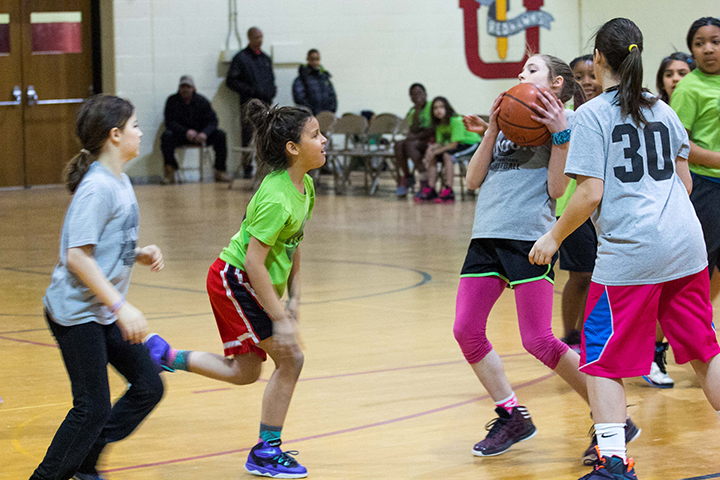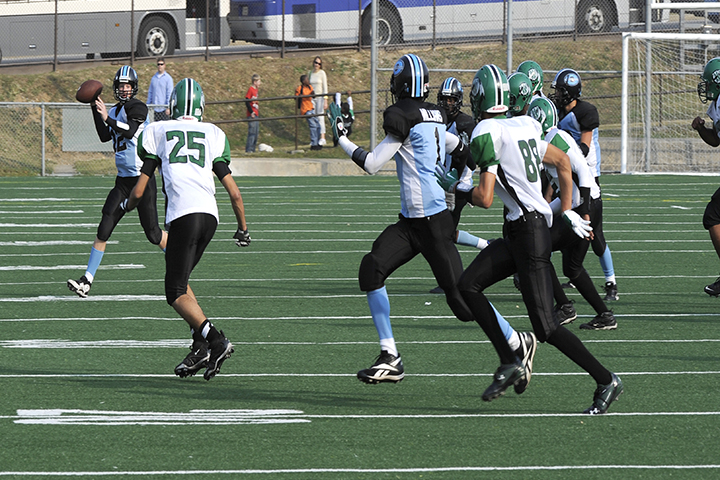Education consultant Darryl Williams is taking a different approach to coaching his daughter’s 5th-grade basketball team, and it’s working wonders to focus the girls in on the game.
The idea is simple.
Williams and other coaches invited girls from the varsity high school basketball team to come to practice, but it wasn’t for the typical role model pep talk or coaching pointers.
According to Teach Like a Champion:
No, Darryl skipped the things mentors usually get asked to do and asked the varsity girls instead to practice with his girls—to participate in the drills alongside the younger girls but to practice like they would in a varsity practice. To model what it meant to them to practice.
Williams explained that the experience instantly changed the perspective of the girls on his young and inexperienced team, which included many who had never previously played.
“You should have seen their faces when they understood that for varsity girls, the layup line is full-speed,” Williams said.
The coach said that giving his players an opportunity to experience how serious athletes approach the game opened their eyes in ways a talk about teamwork or hustle couldn’t do.
“They never had to say a word, those girls, but the learning was deep. Seeing the level of focus and concentration from the older girls was a revelation to the younger girls: How ready they were when an activity started. How locked-in mentally. How they listened and used feedback . . . These things were suddenly clear,” Teach Like a Champion reports.
“Darryl says it was an epiphany for his girls. All of a sudden they understood in a day-to-day sense what it meant to be a serious athlete. Nobody had to explain anything.”
Education researchers have studied how age segregation in schools can undermine the development of responsibility.
Murray Milner, scholar at the Institute for Advanced Studies in Culture at the University of Virginia, wrote in Freaks, Geeks, and Cool Kids that “A system of increasing privileges and responsibilities linked to the year in school can increase the sense of community and reduce competition.”
Williams’ approach of letting local high school girls model how serious athletes put their full effort into practice undoubtedly improved his 5th-grade team both on and off the field.
A growing movement of coaches at the Positive Coaching Alliance are working with professional athletes to help locals create “Better Athletes, Better People” through a variety of resources, from workshops, to online courses, to certifications.
“The Positive Coach uses the power of positive reinforcement to pursue winning and the more important goals of teaching life lessons through sports,” according to the group’s website.



